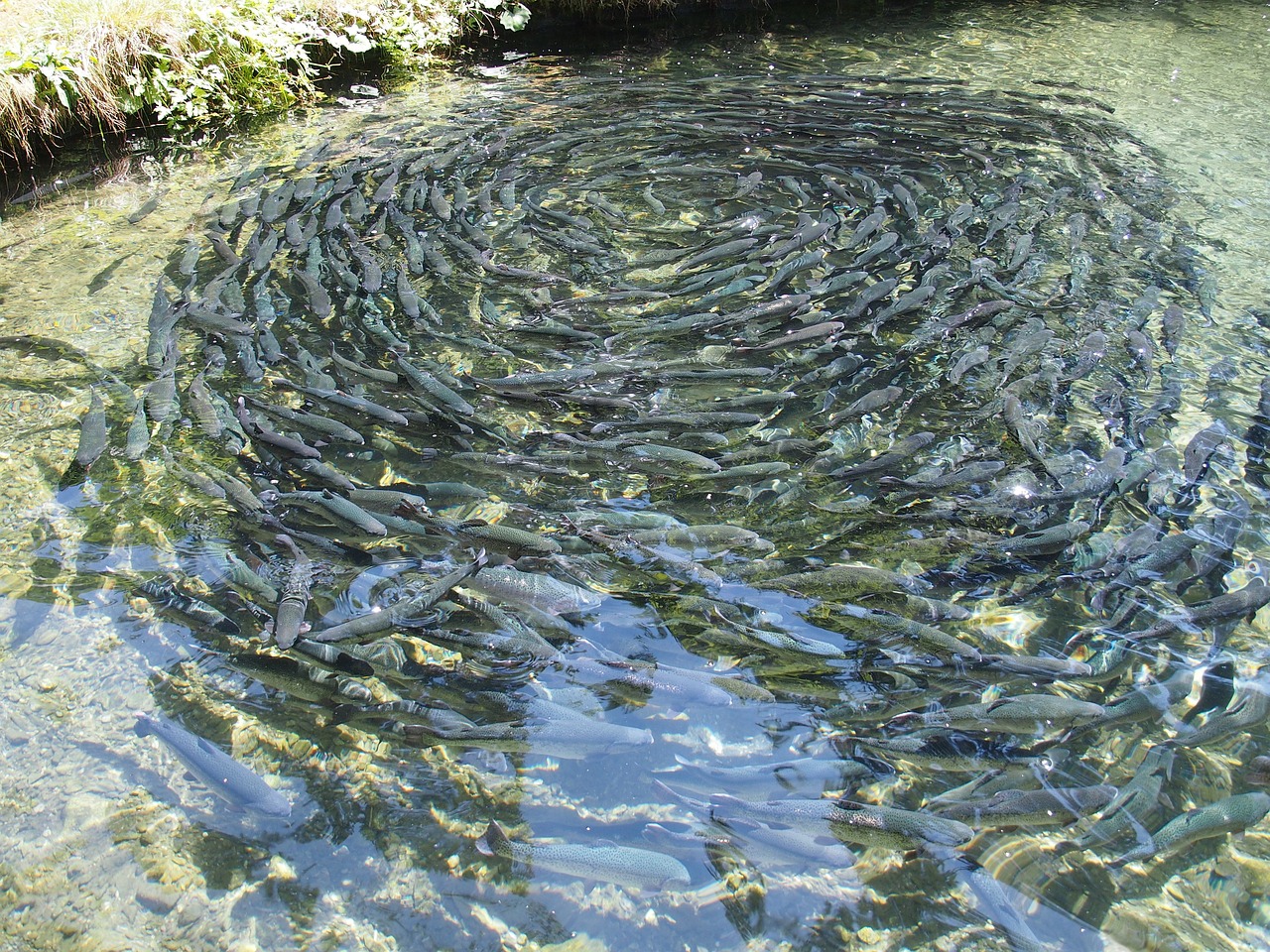
Fish Farm : Nursery
Fish farming, also known as aquaculture, has gained prominence as a vital component of global food production. It plays a crucial role in meeting the growing demand for seafood while reducing pressure on wild fish populations. Within the realm of aquaculture, fish farm nurseries are pivotal in the early stages of fish development. These nurseries serve as the incubators of aquatic life, where young fish are nurtured and prepared for eventual transfer to grow-out facilities or release into natural habitats. In this article, we will explore the significance of fish farm nurseries, their operations, and their role in sustainable seafood production.
Maintaining optimal water quality is paramount. This includes monitoring parameters such as oxygen levels, pH, salinity, and temperature to ensure they meet the specific requirements of the fish species being raised.Nurseries create an environment that promotes the rapid growth and development of young fish. This entails maintaining suitable water quality, temperature, and nutrition. Careful monitoring and disease prevention measures are essential in nurseries to ensure the health and well-being of young fish. Disease outbreaks at this stage can be devastating. Some nurseries focus on selective breeding programs to enhance desirable traits in fish, such as growth rate or disease resistance. Fish farm nurseries contribute to conservation efforts by producing fish for stock enhancement programs, helping to replenish natural fish populations.
Providing appropriate diets tailored to the nutritional needs of young fish is crucial. Specialized feeds are used to promote growth and development. Strict biosecurity protocols are in place to prevent disease outbreaks. This may involve quarantine procedures, water treatment, and regular health assessments. Techniques such as artificial spawning, egg incubation, and larval rearing are employed to ensure the successful hatching and early development of fish. Fish farm nurseries are integral to the sustainable future of aquaculture and global seafood production. By enhancing the efficiency and effectiveness of these nurseries, we can reduce the environmental impact of fish farming, protect wild fish stocks, and ensure a consistent supply of high-quality seafood to meet the demands of a growing global population.
